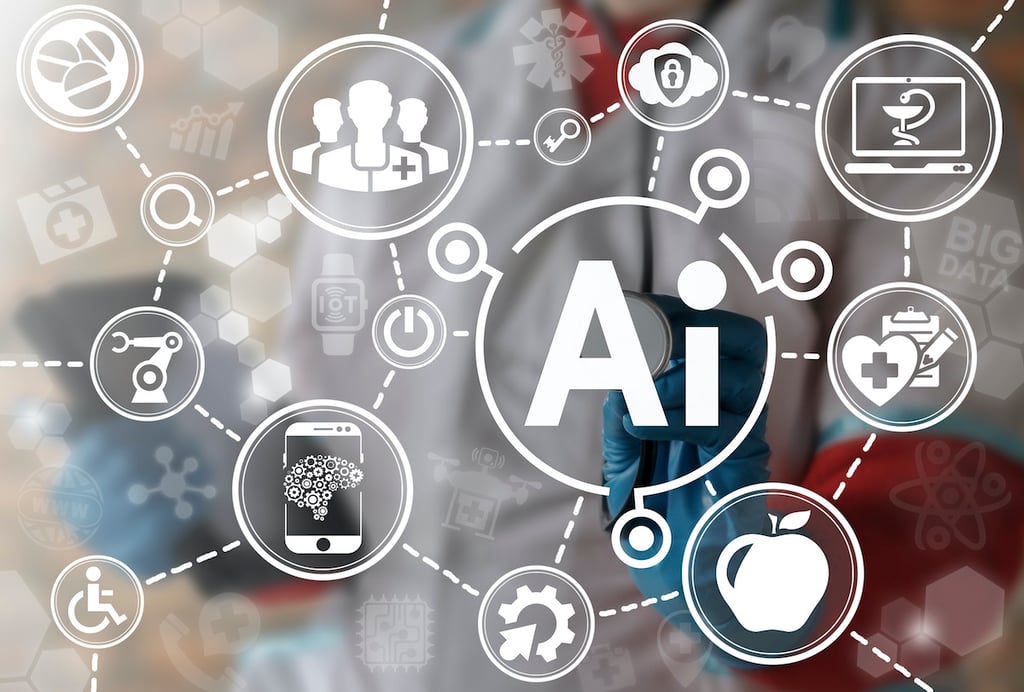
5 Ways to Mitigate Costs Associated with Machine Data

The new year is approaching and many in the IT industry are rightly concerned about the influx of machine learning and artificial intelligence (AI) into the enterprise.
The loss of jobs to automation is on the primary list of concerns, but even if the technology’s backers are correct in saying it will allow knowledge workers to perform at a higher, more productive level, how exactly will the world of IT change when platforms themselves are primarily responsible for configuring, provisioning and monitoring the data ecosystem?
According to eWeek, AI will indeed become mainstream in 2017. The site collected comments from a number of industry leaders who all point out the fact that the sheer size and scope of cloud-based, IoT-facing infrastructure all but mandates an intelligent, largely autonomous management stack. Expect the technology to permeate virtually everything that is touched by digital information, from smart cars and smart apps to smart networks and smart development – remembering, of course, that by this time next year, we will only have seen the tip of the iceberg as to what AI can do to change the way we live and work.
Judging by the number of start-ups invading the AI space, says CIO’s James A. Martin, expect to see some major disruption to long-standing industries. Companies like Salesforce are eager to employ all manner of intelligent technologies to keep one step ahead of competitors in an increasingly crowded SaaS market. At the same time, initiatives like the Internet of Things are building intelligence as a core competency as demand for faster insight from increasingly large data sets gathers momentum. Gartner, in fact, has pegged AI as one of the top strategic trends for 2017, while leading financial institutions like Wells Fargo are looking to leverage the technology to engage customers in novel new ways, particularly as mobile-based “fintech” services gain favor with the public.
AI is also starting to redefine the whole concept of DevOps, which is itself only just beginning to gain a foothold in the enterprise. As Mu Sigma’s Zubin Dowlaty notes, some organizations are already leaning toward “AnalyticsOps” (and no, I don’t think it would be wise to shrink that moniker any further), which combines analytics-driven workflows and predictive capabilities to push the development of software-defined architectures into high gear. This will become increasingly important as computing is pushed closer to the enterprise edge so services can be delivered quickly to consumers in order to capitalize on fast-moving market opportunities.
Ultimately, although probably not in 2017, we should see the rise of the “cognitive business,” says Baidu researcher Adam Coates. This is where an intelligent digital entity literally inhabits enterprise infrastructure to provide not just insight and information on data-driven processes but actual guidance regarding markets, products and other elements. In this way, the enterprise itself becomes its own knowledge worker, capable of directing various activities on its own and interacting with human employees through advanced speech recognition and simulation powered by neural networking technology and increasingly sophisticated intelligent algorithms.
This is pretty heady stuff, to be sure, and there are still many ways in which emerging AI and related technologies can coalesce, or diverge. But the fact remains that today’s dumb technologies will become increasingly intelligent as the decade unfolds, and this will result in many revolutionary changes over the next decade – not unlike the difference between the horse-and-buggy days of the 1890s and the automotive, aeronautic and radio-fueled mass media world that people found themselves in by the 1920s.
Not everyone will come out ahead in this brave new world – particularly knowledge workers who perform the kind of rote, repetitive tasks that digital automation excels at. But humanity as a whole should benefit tremendously, not simply by doing more work but by engaging in the creative, intuitive and ultimately profitable endeavors that are uniquely suited to the human mind.
Arthur Cole writes about infrastructure for IT Business Edge. Cole has been covering the high-tech media and computing industries for more than 20 years, having served as editor of TV Technology, Video Technology News, Internet News and Multimedia Weekly. His contributions have appeared in Communications Today and Enterprise Networking Planet and as web content for numerous high-tech clients like TwinStrata and Carpathia. Follow Art on Twitter @acole602.











